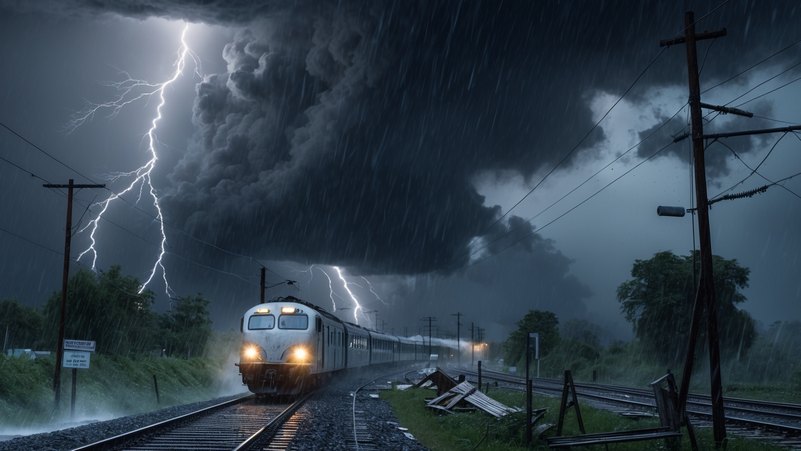In an article published on 9 April 2025, Bloomberg states it has gathered testimonies and documents indicating that Amazon has abruptly cancelled numerous orders for products it had placed in China and other Asian countries, including Vietnam and Thailand. The company has yet to issue a comment. The agency’s sources suggest that this decision is part of Amazon’s strategy to reduce its exposure to import tariffs. In such cases, Amazon is the importer of record and is therefore responsible for paying the duties.
According to Bloomberg, the impact of these cancellations is falling squarely on the Asian suppliers. One supplier told the agency that Amazon made no mention of tariffs in the cancellation notice, simply stating that the orders had been placed “by mistake” and requesting that the goods not be shipped to the United States. In most cases, the suppliers affected are wholesalers who had already paid manufacturers for the goods and must now find alternative markets or other US distributors to take on the inventory. However, this is proving difficult, if not impossible, precisely because of the high tariffs. The situation is damaging not only to the reputation of the suppliers but also to Amazon itself.
Bloomberg notes that the cancelled orders fall under the category of “direct import”, referring to goods that Amazon buys wholesale directly in Asia under ex works terms and then handles shipment and customs clearance into the US itself. This model allows the e-commerce giant to reduce shipping costs, often using its own transportation or partnering with carriers that offer low freight rates due to the high volume involved. In such cases, however, Amazon is liable for the import duties.
This type of trade accounts for around forty per cent of the products sold on Amazon’s platform, while the remaining sixty per cent is managed by independent sellers who pay a fee to use the platform and its logistics services. These sellers are also affected by the tariffs, which suggests that the overall supply on the platform in the US is likely to decline. Given the volume of goods involved, the consequences could ripple across the entire logistics chain.





































































